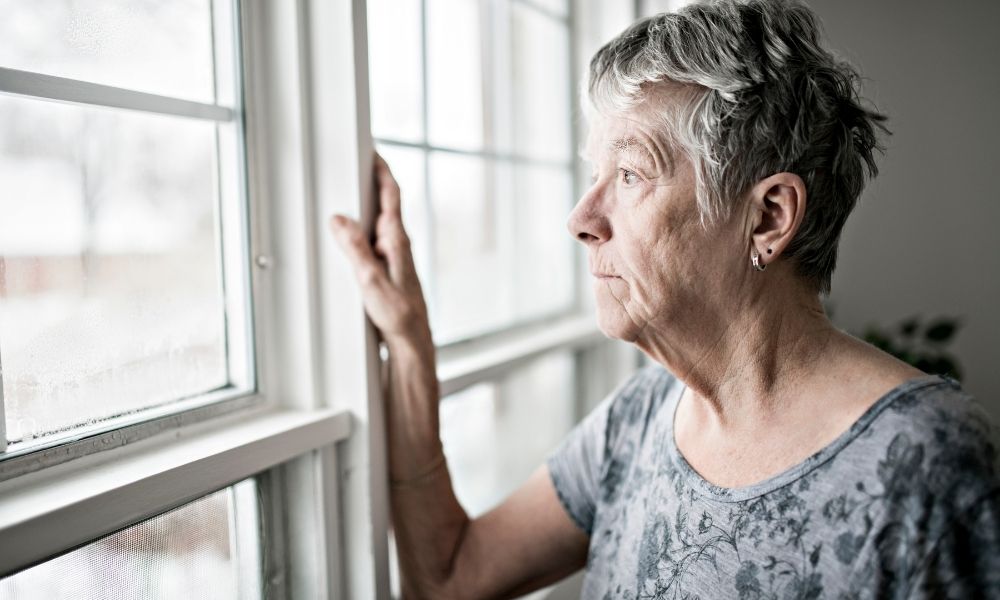
Mental illnesses don’t discriminate; they affect people of all races, genders, and ages. Mental health conditions can take an especially huge toll on older folks who are already experiencing cognitive decline.
Whether you’re a professional caregiver or are tending to a loved one, knowing how to approach psychiatric care is crucial to the overall well-being of seniors. These tips for caring for seniors living with mental illness will help you improve their quality of life.
Get Them Professional Help
Holistic approaches to mental health can help ease some of the symptoms. However, they aren’t a replacement for professional intervention. There are so many causes and symptoms of depression and other diseases that you need the help of a certified doctor.
Their healthcare provider will design a treatment plan and may need your help enforcing it. Make sure your loved one attends their appointments. You may also need to help them take their medications and practice techniques taught in therapy.
Keep Medical Records on Hand
Elderly individuals see a lot of doctors for various health conditions. It’s helpful to keep all of their mental healthcare records on hand so that everyone is on the same page. This tip for caring for seniors living with mental illness is particularly important if they take medication.
Even if your loved one is independent, making copies will help in case of an emergency. New providers need to know about their medications and treatments to avoid contraindicated practices that could harm your family member.
Document New Behaviors and Side Effects
As a senior citizen ages, it may become more difficult to advocate for themselves. It’s up to you as their caregiver to provide information on their behalf. Pay attention and document new behaviors and side effects to report to their mental healthcare professional.
Unusual changes could indicate that part of their treatment is no longer effective. They may need to adjust or completely replace medications or try a new form of therapy. Your loved one and their doctor will thank you for your keen observations.
Check in With Yourself Often
As rewarding as caregiving can be, it’s also draining. It’s not uncommon for those providing care to experience burnout. Check in with yourself often to ensure that your mental health isn’t deteriorating, too.
You can’t pour from an empty cup. It’s hard to care for an elderly loved one when you’re also struggling. Give yourself some grace and take care of yourself so you can provide the best care for others.
Managing senior citizens’ mental health concerns is necessary for their long-term care. Use these tips to better your relationship with your loved one and help them live a long and healthy life.
